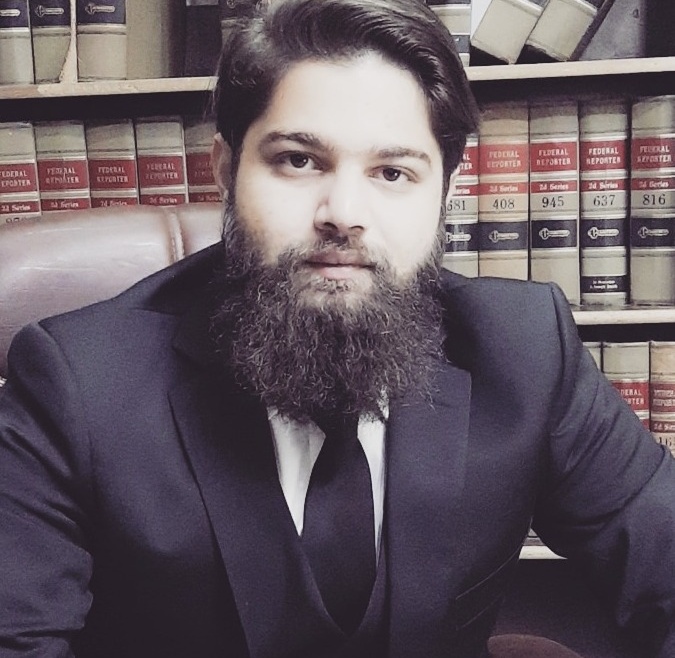A Brief Analysis of 18th Amendment in Constitution of Pakistan
One of the landmark amendments in Constitution of Islamic Republic of Pakistan (the “Constitution”) is 18th amendment (the “Amendment”). The amendment received presidential assent on 19th of April 2010. There are almost 102 Articles which were amended either by adding or deleting the words, provisions and schedules in the Amendment. The Amendment discusses important issues pertaining to all three limbs of the state including autonomy of the provinces, selection of Judges of High Court & Supreme Court, Right of fair trial, formation and dissolution of National Assembly etc.
The amendment covers vide range of important issues in order to eradicate the impediments to democratic process of our state. The amendment is overwhelmingly attached with the Democratic System by abhorring dictatorship. Article 270 AA of the Constitution held all the Chief Executive orders of the Dictatorial regime ultra vires and of no legal effect.
Another important aspect of the Amendment is civil rights of the people in fundamental rights. The right to education, the right to access to information, the right to association and the right to fair trial are some of the fundamental rights added by the Amendment for the betterment of the citizens of the Islamic Republic of Pakistan. However, it may further be added that beside the right to education & fair trial all the other rights added are qualified rights and not absolute.
The Amendment has curtailed the presidential powers as were provided under 58(2b) in dictatorial regime of General Zia ul haq and General Pervaiz Musharaf. Previously Article 58(2b) had been used as a tool to stab in the back of democratic regimes. However, 18th amendment not only abolished 58(2b) but also restricted powers of the President as He can only dissolve the National Assembly if vote of no confidence has been passed against Prime Minister. Furthermore, the appointment of Joint Chief of Staff Committee, Army Chief, Naval & Air Staffs etc have also been made subject to advice of the Prime Minister.
Care Taker Prime Minister and Care Taker Cabinet have been excluded to contest general elections in order to ensure the impartiality of the electoral process. Furthermore, the appointment of Election Commission, it has been made mandatory that the Prime Minister should appoint Chief Election Commissioner & other members after consultation with the leader of opposition. The due process has been promulgated in order to ensure free and fair election.
Qualifications and disqualifications of members of National Assembly is another important factor which was incorporated in the Amendment. The Member of Parliament must possess good character and should be commonly known as one who violates Islamic injunctions. Further, the member must be honest and law abiding citizens.
Independence of Judiciary plays indispensable role in flourishing the law and order situation of the country. Political involvement has been removed by the formation of Commission which includes member of Judiciary, Senior Lawyers and Law Minister. The approval of the Judges remains under Parliamentary Committee comprising of Government & Opposition members. The Amendment has tried to eradicate the political influence of the Government over the Judiciary.
The Amendment has brought many good tidings in its incorporation. However, the main criticism of the Amendment is that it allows the person to be elected as Prime Minister for more than two terms. A country like Pakistan where the political culture is tainted with dynasties, such change will defeat main purpose of the Amendment which was to promote democracy.
The Amendment was jubilant step by the then government to empower the voice of people, dispensation of justice and to uplift the rule of law. Though the Amendment covers various other subject matters, but the most important and major enactments have been discussed to manifest importance of the Amendment.
The views expressed in this article are those of the author and do not necessarily reflect the views of Law Recorder Pakistan.
By: Mian Sohail Shoaib
Author is a practicing Lawyer and Advocate High Court. He is a graduate of University of London.




